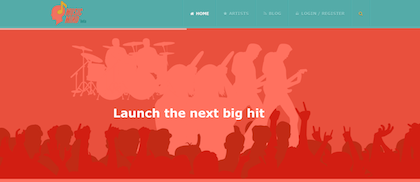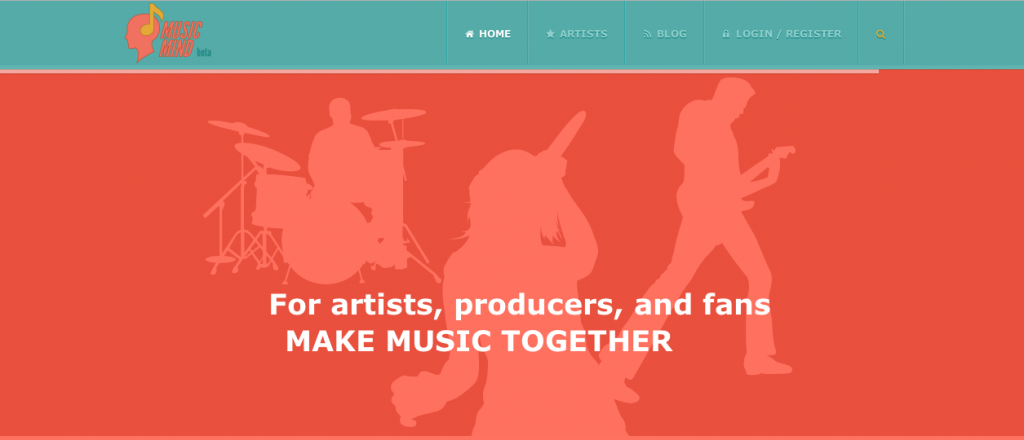Whether it’s Wikipedia’s community contributed articles or Guy Kawasaki leaving it up to a group of industry professionals to edit his latest self-published book, APE: Author, Publisher, Entrepreneur-How to Publish a Book, crowdsourced production has been a hot topic for the last few years and will continue to grow into the future.
However, what most people don’t talk about is how crowdsourced feedback is radically bridging the gap between fans and their creators, to the point where the audience can play an integral part in the creative process and fundamentally impact the path towards the finished product. Don’t believe me?
It’s crazy to imagine that only 50 years ago entertainment executives produced television shows for the masses, when all they had to rely on for crucial feedback about the longterm prospects of a show was ratings, views, and pilot audience rections. Now, youtube has enabled viewers to provide direct criticisms, reactions, and comments to creators. You are no longer shooting in the dark. You can create, adjust, and create over and over again with minmal distribution costs.
More recently, Kickstarter, a renown US crowdfunding platform, has enabled creators to obtain a similar type of feedback from their audience through the comments, questions, and pledging features. Only, these are not only the dreamers of upcoming films or television shows, they are also the entrepreneurs and artists that are looking to build a product that can change the world.
Now, MusicMind has entered the arena, a startup whose mission is to crowdsource feedback for songs so that artists can upload a song and invite fans, producers, and other musicians to provide comments that can guide the further development of the work. Not only can artists invite people they know to listen to the work in progress, but they can also discover new artists and music lovers on the system that are willing to check out their latest jam.
I had the opportunity to sit down with Joshua Chestang, the cofounder of MusicMind to answer a few questions about the service. The results can be found below.
Where did you come up with the idea for MusicMind?
Roberto and I were looking to build something useful for the production side of music. It all started from us both sharing an interest in building a music centric application. I came from working on a different conceptual version of MusicMind, but with a new team, we came up with a new concept. We were in a Starter League bootcamp called Rails For Designers taking place at 37Signals in Chicago at the time.
What kinds of things would artists use this for?
If you are an artist, you can upload work-in-progress songs and receive feedback from collaborators, friends, and fans through a sophisticated chat room system. These chat rooms can be set as private or public. Simply invite a collaborator to your songroom via facebook or email and they can listen to different versions of the work-in-progress and give version-specific feedback in the chat room.
Instead of having to comb through long email threads or keeping track of notes, you will have all of your comments in one organized interface. You can even elect for your collaborators to be able to view others’ comments so that they have the opportunity to agree or disagree with previous feedback.
Artists can also search the skill-centered social network for potential collaborators that can help out with a current or future music project. Through MusicMind, artists from all over the world with different technical abilities can come together and work on a new song. By making new industry connections you can even ask for feedback from strangers or write comments on songs that are in the development phase.
Where do you see this going longterm?
I see MusicMind playing an influential role in the music production space. When I think about the many artists out there who want to find ways to collaborate with other artists/musicians and producers, I can only hope that our product can provide a solution for many people around the world. Imagine, you’re an artist in Los Angeles that has been dying to collaborate with a producer down and Texas. MusicMind makes both parties’ situations a lot easier.
I’m beginning to see that the cool concept here is collaborating nationally, internationally. Reducing the cost to need to see someone in studio, when most producers are creating in home solutions connected to their computers





